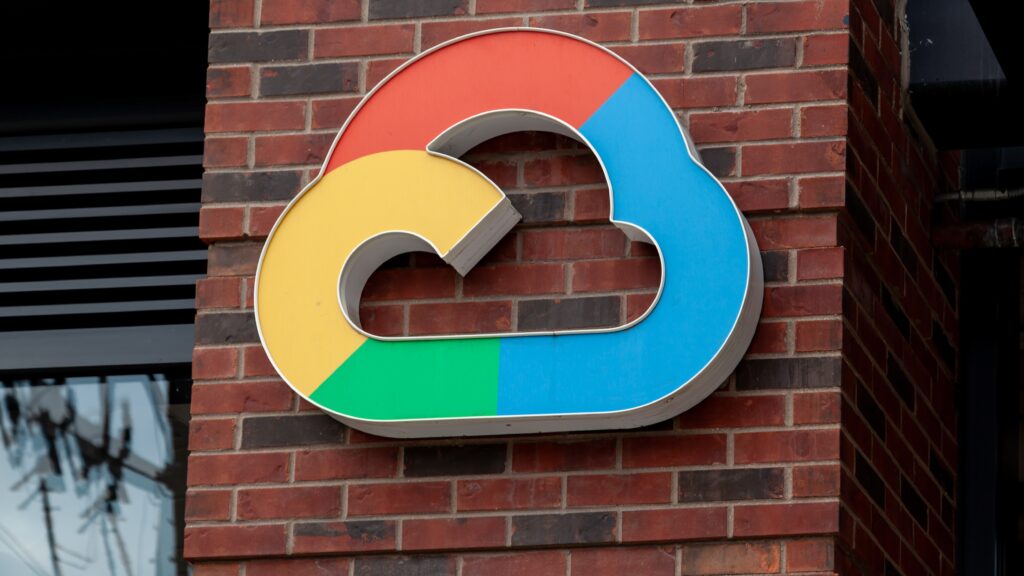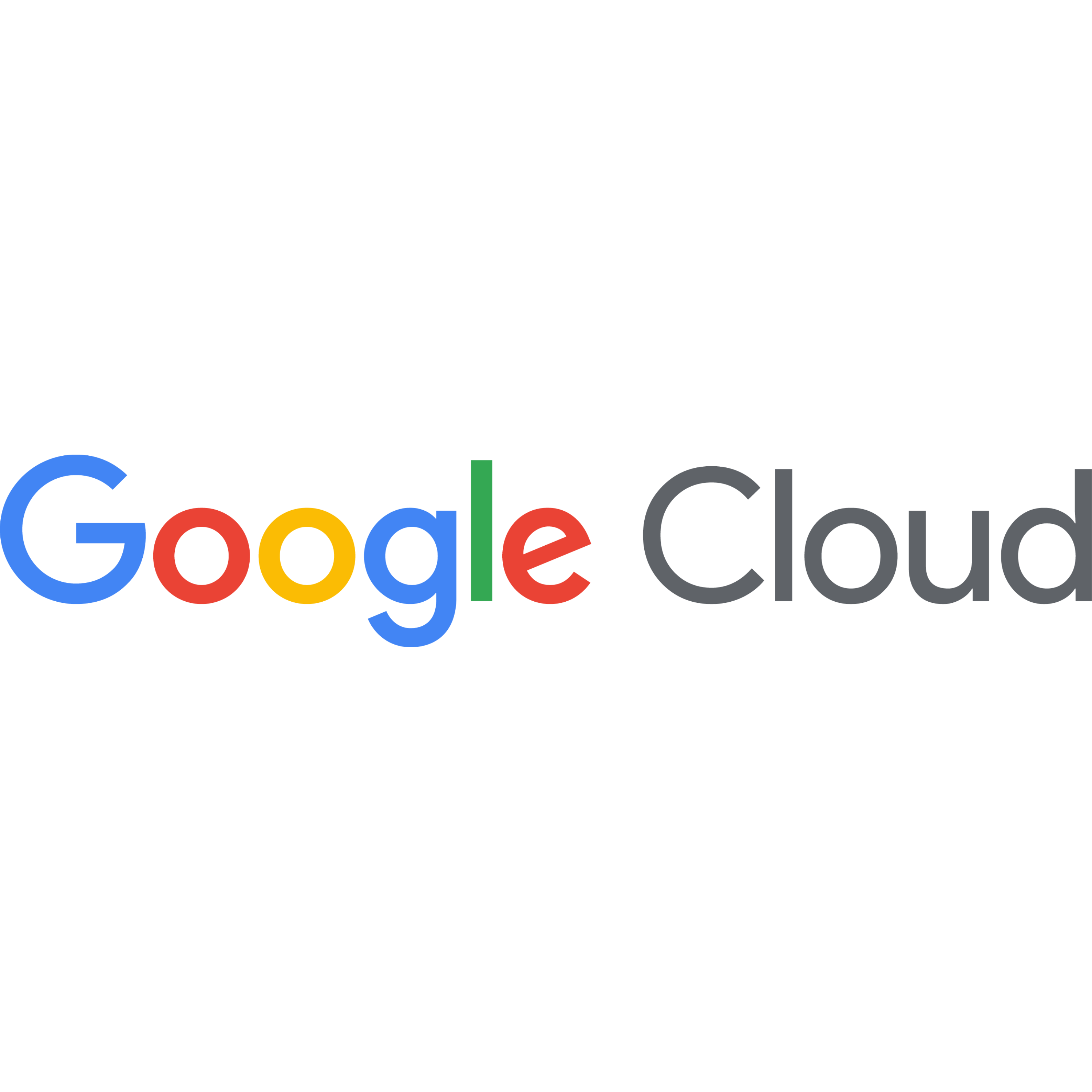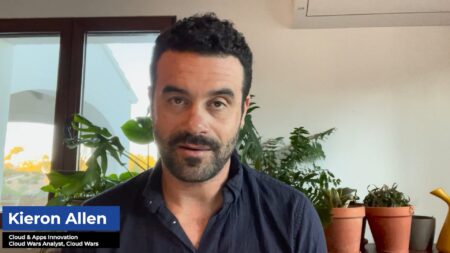
While Google Cloud’s become well-known for its unmatched AI technologies and services — including Gemini, Vertex AI, BigQuery, its vast model garden, and more — the company’s global ecosystem has emerged as an indispensable component in enabling customers to rapidly and effectively turn AI projects into excellent business outcomes.
We recently completed a series of video interviews with product and ecosystem leaders from across Google Cloud to explore how this new fusion of advanced technology and go-to-market innovation is helping customers deploy AI to not only boost productivity but also drive growth and customer loyalty.
Those discussions with Google Cloud executives reveal how the company and its ecosystem are addressing customer needs from across a broad spectrum of interests:
- evolving AI projects rapidly into big-ROI business outcomes;
- increasing employee engagement and productivity;
- accelerating internal operations as well as customer-facing decisions;
- personalizing customer engagements to boost loyalty and revenue;
- enhancing security, privacy, compliance, and sovereignty; and
- boosting access to data to ultimately optimize existing business models, identify ones that need to be adjusted or perhaps eliminated, and create entirely new business models.
From the product side, those conversations also revealed how Google Cloud’s ecosystem is viewed not as a “fulfillment channel” but rather as a strategic value-driver for customers in the vital and strategic areas of:
- business-model innovation;
- data management, accessibility, preparedness, and security;
- applications ranging from Workspace productivity apps to industry-specific call-center solutions;
- security;
- model gardens; and an uncompromising commitment to open technologies up and down the AI stack.
And here are the Google Cloud executives who bring those business innovations to life in this video series:
- Kevin Ichhpurani, corporate vice-president, global partner ecosystem and channels;
- Jerry Dischler, president of cloud applications;
- Miku Jha, director of AI/ML and GenAI partner engineering;
- Colleen Kapase, vice-president of channels and partner programs;
- Gerrit Kazmaier, vice-president and general manager for data analytics and databases;
- Oliver Parker, vice-president for global GenAI go-to-market;
- Sunil Potti, vice-president and general manager; and
- Rayn Veerubhotla, managing director of partner engineering and portfolio strategy.
Ask Cloud Wars AI Agent about this analysis
Across the series of interviews, these executives share about 25 terrific customer examples of how Google Cloud and its partners are helping to drive new levels of innovation and capability around GenAI in combination with the full portfolio of Google Cloud technologies and expertise. To give you a sense of the insights this series offers on the fusion of Google Cloud’s technology with the industry and functional expertise of its ecosystem, here are some key points from each executive.
Kevin Ichhpurani on GenAI powering new business models: “What’s really exciting now is that customers are using cloud, and particularly the data and AI at scale from Google Cloud, to be able to rethink their business processes or their business model entirely as we’re seeing generative AI being applied at scale.” Ichhpurani explains how AI played a key role in helping Verizon address a significant call center challenge. A typical call center handles hundreds of millions of calls annually, each costing between $10 and $15. Over three to five years, these costs can add up to billions. Google Cloud’s Call Center AI solution enabled Verizon to deflect 60% of these calls, leading to a substantial improvement in ROI.
Jerry Dischler on how GenAI improves workflows: “I’m working with the Google Workspace team to build better features to improve employee productivity . . . Sports Basement, a local outdoor retailer in the Bay Area, [is] using Gemini for customer service, and it takes 35 to 40% less time now to do customer service than they used to when they were responding to emails via Gmail without the use of GenAI.” A July 2024 Google Cloud survey revealed that people who piloted Gemini for Google Workspace saved, on average, 105 minutes per week.
Miku Jha on the business value of “optionality”: “So, as you traverse the stack you will see that a very unique aspect of our Vertex AI GenAI platform is that you have optionality at every layer. This is important because as an ecosystem, we are not yet at a point where we know exactly how to take GenAI use-cases and scale them to production deployments. . . . that optionality is very important for the spectrum of partners and customers with whom we are interacting.” As customers come out of POCs, hackathons, or creating minimum viable products, they’re trying to figure out, “How do I take this to scale, how do I take this to production?” They want to have choices — which optionality offers them.
Colleen Kapase on GenAI shortening time-to-value for customers: “What’s amazed me is how every partner now has an example in production, and I think that’s the most important piece. And I’m talking about production for customers in every industry you could think of: manufacturing, life sciences, banking, insurance, risk management. AI is now pervasive, and I think what I’ve been most surprised by is seeing how much of that was actually being used by customers. It wasn’t ‘vision selling’ — it’s reality . . . One of those examples that we’ve seen in these customer engagements was Accenture and Best Buy. Who hasn’t stopped in Best Buy, met our needs from a technical perspective, and gotten home and needed help?” Accenture enables Best Buy to improve customer experience by optimizing its usage of Google AI, Vertex AI, and Gemini.
Gerrit Kazmaier on unleashing the potential of unstructured data: “One of the key areas of investment for BigQuery is really about bringing structured and unstructured data together in a single data platform, and we’ve had gangbuster growth with our ability to use unstructured data in BigQuery. And I think it’s the biggest unlock right now, because all of the data can now be effectively used as a part of an enterprise data landscape.” BigQuery integrates AI tools directly into SQL queries, enabling data teams to leverage Vertex AI for tasks like fine-tuning models and running inferences. This integration allows companies like HCA to combine X-ray imagery with patient records for deeper analysis.
Oliver Parker on the power of a truly open platform: “When we sit down with clients, we can talk about an open-tech platform and open source and our contributions all the way out to some of the work that we’re doing very specifically with systems integrators, the goal is really helping customers identify and figure out which of those Generative AI use cases they choose.” Collaborations extend beyond systems integrators and independent software vendors to encompass model providers like Anthropic.
Sunil Potti on sovereignty across data, operations, and software: “A few years ago, we recognized the need globally — it started in the EU but now it’s a trend in South America, it’s a trend in Middle East, it’s a trend in India, Korea, and more places — that folks want to protect themselves against regulations coming from a U.S.-based company. So, we took a pretty large chunk of investment to focus on this sovereignty as a first-class principle, where customers globally could have what we call data sovereignty, so therefore data could be within their region.” Potti describes how customers can achieve operational sovereignty by managing their environment independently, without relying on Google or U.S. employees.
Rayn Veerubhotla on Google Cloud world-class security enhanced by partners: “Security is the fastest-growing part of our portfolio today, and for a good reason. . . . So, we’re working with a wide selection of partners, all the way from top-tier GSIs to local specialized partners who can offer complementary services using the tools and technologies and our first-party products. ” Veerubhotla also sheds light on Google’s unique resale program with over 200 partners that democratizes product access for end users and how in addition to its own security products, Google collaborates with over 1,000 industry-leading security providers, including Palo Alto, CrowdStrike, and Broadcom, to enhance services using its technology and data capabilities.
Final Thought
In a time when business leaders are responsible for driving enormous change in all facets of their operations as well as their future intentions, they need a broad range of technology, industry, and functional expertise. We hope this overview has helped you understand the unique approach Google Cloud and its ecosystem are taking to work together to help customers turn the vast potential of GenAI into better-than-expected business outcomes, and we strongly encourage you to watch the video interviews with the Google Cloud leaders highlighted above.










